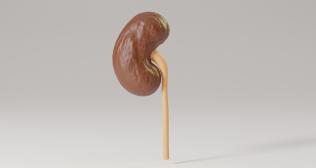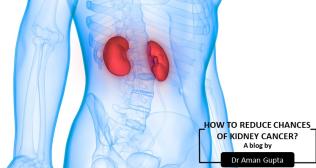
Overactive Bladder and Urgency Urinary Incontinence (UUI)
Overactive bladder (OAB) is a chronic condition that causes symptoms of frequency (voiding often),
urgency (sudden desire to pass urine) and nocturia (getting up often overnight to pass urine), with or
without leakage of urine (urge incontinence) associated with these symptoms.
It is primarily attributed to the involuntary contractions of the bladder muscles. A sudden and strong
urge to urinate that is difficult to control, leakage of urine before reaching the toilet in response to
the urgent need to urinate is typically caused by involuntary contractions of the bladder muscles.
Symptoms:
1. Sudden Urges ( to urinate): Individuals with UUI have frequent, strong, and
unpredictable urges to urinate.
2. Involuntary Leakage: The urgency is often so intense that it leads to involuntary leakage of urine.
3. Frequency: People with UUI may need to urinate more frequently than normal.
4. Nocturia: UUI can also lead to waking up multiple times during the night to urinate
5. Urinary Retention: if you have urinary retention, your bladder doesn’t completely empty when
you urinate. This can happen to both men and women and it can be caused by things like blockages,
medications or nerve issues.
If you or your loved ones are experiencing these symptoms, there's a new ray of hope. Our
urologists at Fortis Hospital, Bannerghatta Road, offer a straightforward and effective therapeutic
procedure known as sacral neuromodulation. Our experienced urologists are here to provide you
with the care and solutions you need for improved bladder health and quality of life.
Sacral Neuromodulation: (Treatment Procedure Section)
This is a simple and effective procedure Sacral neuromodulation targets the abnormal
communication between the brain and the bladder by stimulating the nerves which control bladder
function with mild electrical pulses. It helps the brain and the nerves to communicate so the bladder
can function properly. In general, up to 80% of patients may show improvement with this therapy. It
involves the implantation of a neurostimulator device, which helps restore normal bladder function.
Categories
Clear allMeet the doctor

- Urology | Urology | Uro-Oncology | Kidney Transplant | Robotic Surgery
-
15 Years
-
1200



















